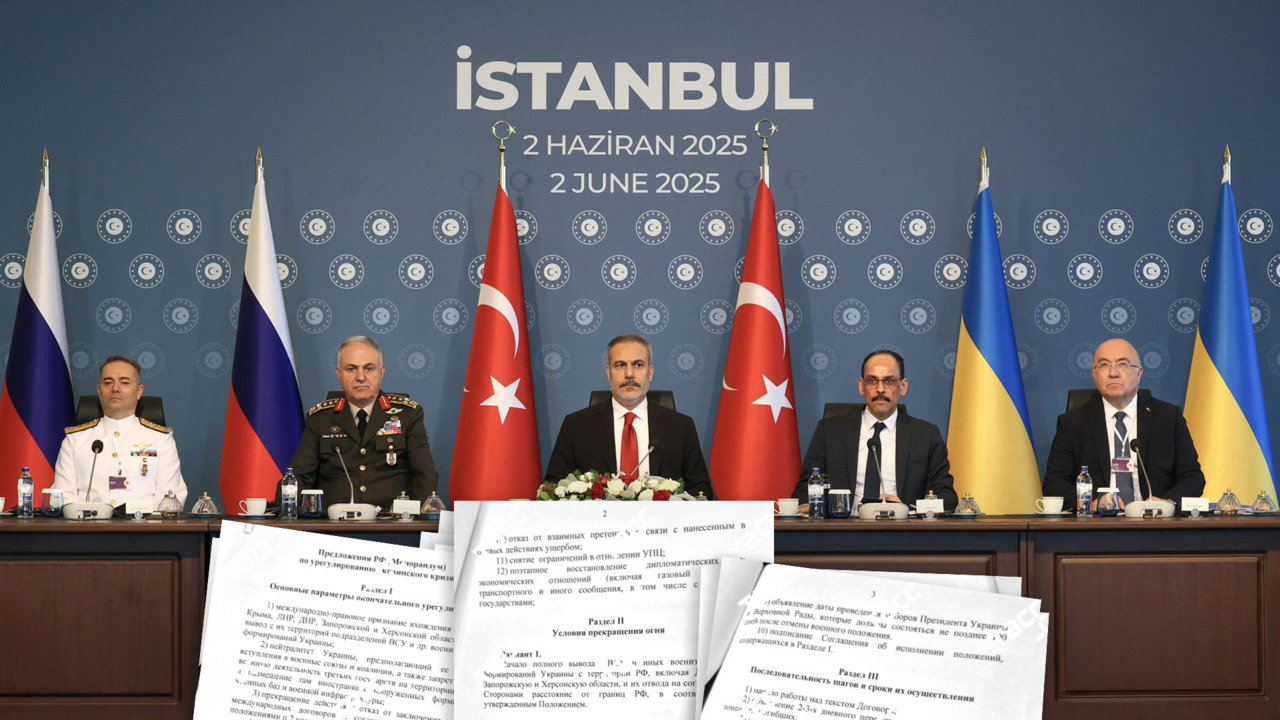Our guest is one of France's most prominent commentators on European affairs and global trade issues. Pascal Lamy is coordinator of the Jacques Delors Institutes - named after the visionary of European integration whom Lamy worked with closely in the 1980s and 1990s. Lamy was EU trade commissioner in the early 2000s, and he served two terms as director-general of the World Trade Organization from 2005 to 2013. He is also vice-president of the Paris Peace Forum and has numerous books to his name about Europe, geopolitics, geoeconomics and global governance.
We begin with the US-EU trade dispute, and the tariffs imposed by the Trump administration on EU steel and aluminium as well as on other European goods. "I had to deal with issues of this kind when I was European trade commissioner back in the Middle Ages, but on a much smaller scale," Lamy says wryly. "There is a zone where you can retaliate in pinching the US without shooting yourself in the foot. The usual candidates – Harley Davidson [motorcycles], orange juice or Kentucky Bourbon were already on my list (when I was the commissioner). But if there had to be retaliation this time, it would probably not be just on goods, but also on services, which is a much more complex area – whether that's in financial services, where the US have an extremely large position in Europe, or in digital services. So that would be new ground to be covered."
Lamy implies that the EU may end up having to retaliate against the US tariffs, one the current 90-day "truce" ends. "The EU has two options. One is to try to negotiate. And if that doesn’'t work, the second option is to retaliate," Lamy states. "Now, the question for Mr. Trump is, 'is there anything which you believe would ease transatlantic trade tensions and which we could negotiate together?' So far, as far as I know, there is no answer to this question. There have been repeated trips by Commissioner Šefčovič to Washington to try and identify some sort of negotiating corridor. 'What are you looking for? I can tell you what I am looking for. Then let’s structure some sort of trade-off.' But there is zero signal on the US side for the moment."
Does Lamy see the dispute ultimately going to the World Trade Organization? "If the US maintains tariffs that clearly violate their WTO commitments, then countries will have the right to retaliate and seek compensation," he replies. "You are allowed to offset the damage done to you by another damage that you impose on the US economy. At the end of the day, it's a lose-lose game. But there has to be a price for a country which belongs to an international organisation and which has taken firm commitments [to that organisation]."
We turn to the economic situation in France, which is a concern to many both in France and the EU. Lamy believes that debt is "the Achilles heel of the French economy. I entered professional life in 1975, and the French Republic has not had one balanced budget since 1975. And that's not normal. So we really have to, at some stage, bite the bullet and reduce public expenditure. None of the political forces in France really have a strategy to do that. And the public mood in France is pro-expenditure and against taxes. We've seen the results."
What would Lamy's former mentor Jacques Delors, who was president of the European Commission in the 1980s and 1990s, make of the direction that Europe is now taking, if he had lived to see it? "He would say, 'the world has changed. Europe needs to be more powerful'," Lamy replies. "Whether we like it or not, this a necessity imposed by the context." Lamy goes on: "We will not become more powerful if our economy is not stronger. So the first step to political power is to reform our economies, and to exploit the huge untapped potential of the internal market. This is a necessity. Then, of course, more investment in defence is a no-brainer."
Programme prepared by Agnès Le Cossec, Perrine Desplats, Oihana Almandoz, Isabelle Romero and Luke Brown











 English (US) ·
English (US) ·